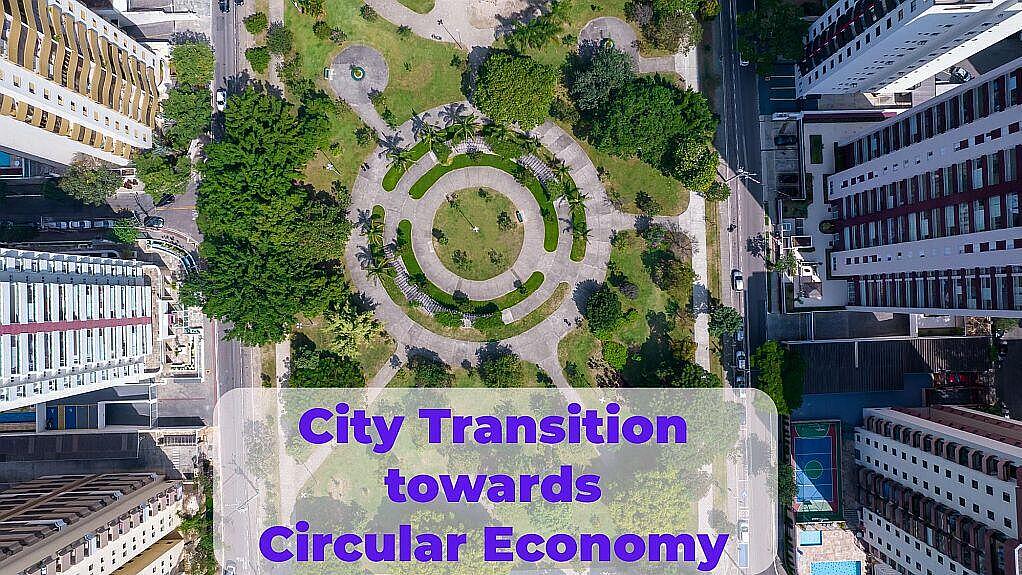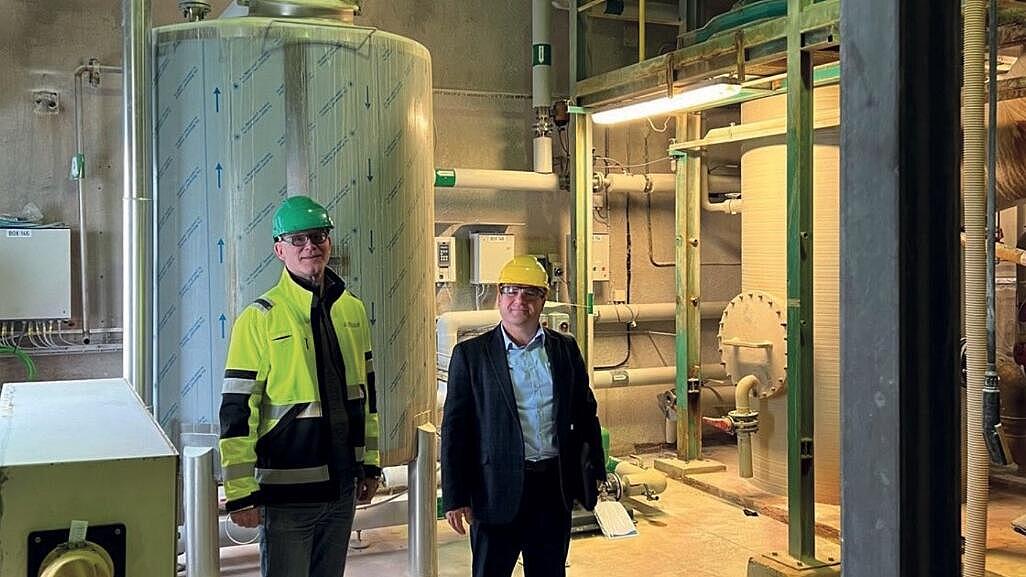 Articles
ArticlesResearch and Development Funding: IT services to help municipalities transition towards Circular Economy
European cities, regional and national organisations have to transition towards Circular Economy. Only 10% of the cities have advanced on circular transition, as it is particularly complex. Municipalities and local businesses across Europe are facing four interlinked challenges. Cities and the local economy require support to operationalise the growing body of CE knowledge. The CircularPSP project and consortium believes that curated Artificial Intelligence using NLP and taxonomies within a platform solution is able to support ten thousand of European municipal staff and by extension local businesses. Upcoming news items will describe the challenges in more detail.
Read Full articleWater & energy reuse: from waste to resource
Alufluor collaborated with the EU's iWAYS project to optimize resource recovery, focusing on reducing emissions and recycling. The initiative introduced technologies to conserve water and energy. The partnership aims to enhance sustainability in European industries without compromising economic progress.
Read Full articleRevolutionizing Energy: Discover 5 plus 1 Different Methods for Producing Clean and Abundant Hydrogen
Hydrogen is a versatile and clean energy source that can be used for a variety of purposes. One of the main challenges in the widespread adoption of hydrogen as an energy source is the efficient production of hydrogen. In this article, we will briefly showcase 5.
Read Full articleStimulating Consumer Demand for Energy Efficiency Investments
The Energy Efficiency Financial Institutions Group (EEFIG) will soon publish its final report from an expert working group on accelerating consumer demand.
Read Full articleWhat are innovations along the hydrogen value chain?
The "Hydrogen Patents for a Clean Energy Future" report highlights hydrogen's role in sustainable energy. It details its growing importance, especially in Spain's renewable energy sector. The study covers increased hydrogen-related patent activities from 2011-2020, advancements in production technologies, and its diverse end-use applications. The report concludes with hydrogen's potential in the global energy transition.
Read Full articleKey findings on digitalisation technologies to increase energy efficiency in electric motor driven systems
Worldwide, electric motor systems consume about 10,700 TWh annually worldwide and were responsible for 53% of the global electric energy consumption in 2016. This corresponds to approximately the combined electricity consumption of China. Digitalization technologies for electric motor driven systems will have a significant impact on the motor systems industry, offering vast potential for improvements in performance, efficiency, and cost.
Read Full articleWhat are green loans and how are they linked to the EU Taxonomy Regulation?
The EU Taxonomy Regulation aims to provide clear and consistent criteria for identifying environmentally sustainable activities. In addition, the EU Taxonomy Regulation also requires financial market participants to report on the environmental sustainability of their investments, one of the reasons why green loans are becoming more popular.
Read Full articleEnergy efficient industrial pump systems: market potential, success factors and financing options
The market for energy efficient pump systems in industry is expected to reach $16.3 billion by 2025. The market is highly competitive, with a number of companies offering a wide range of products and services.
Read Full articleDream or reality: solar power systems in space
A Space-based Solar Power (SSP) station would have the potential to mitigate climate change through the provision of clean energy. SSP is not only considered more efficient than ground-based solar stations but it is also immaculately clean and infinitely available.
Read Full articleAll you need to know about advanced high temperature heating technologies for industry
In the EU alone, more than 70% of heating and cooling is generated from fossil fuels. In principle, industry can rather easily decarbonize their electricity consumption, just buy green electricity. The real challenge is how to decarbonise industrial heat.
Read Full article








